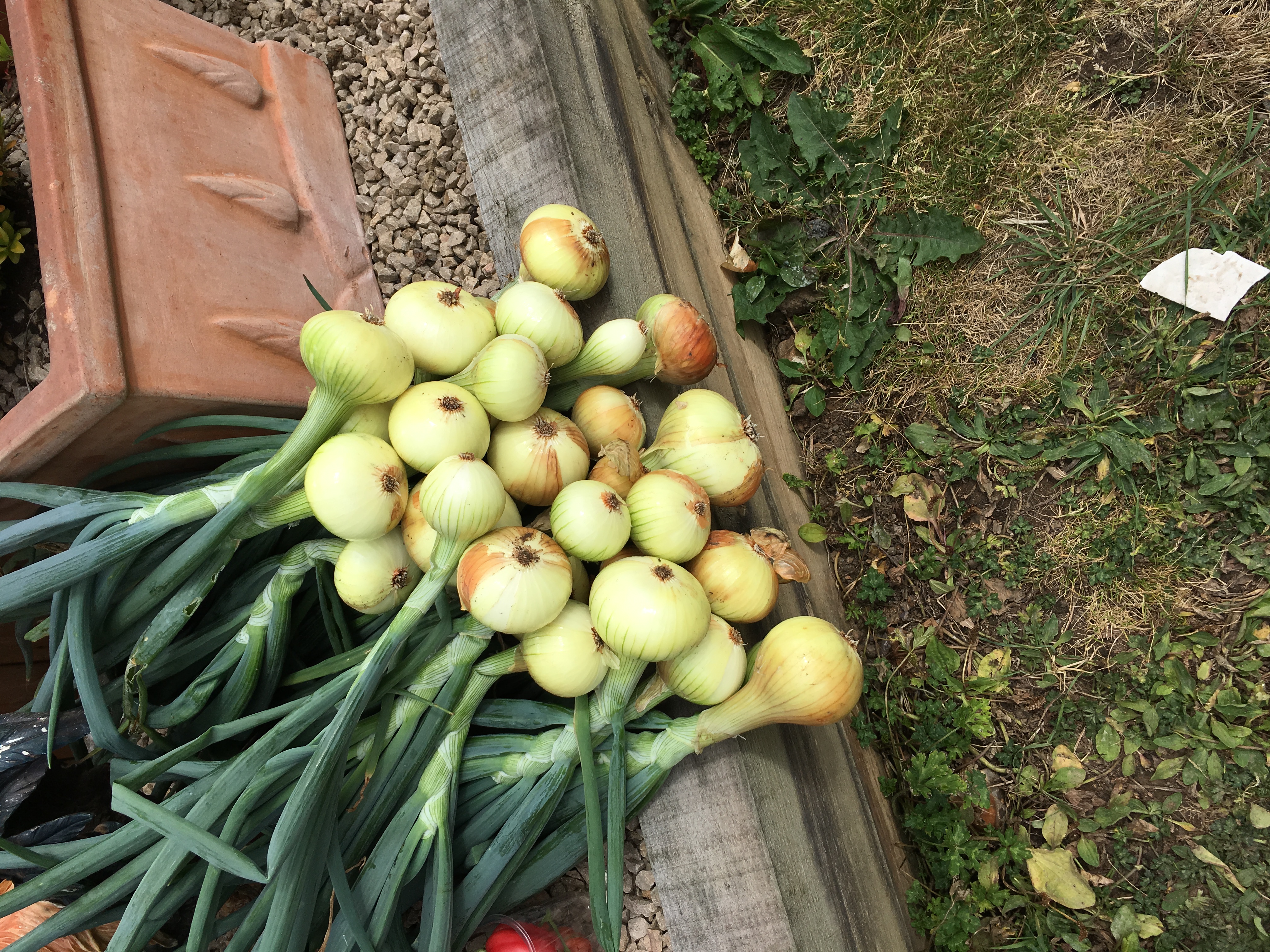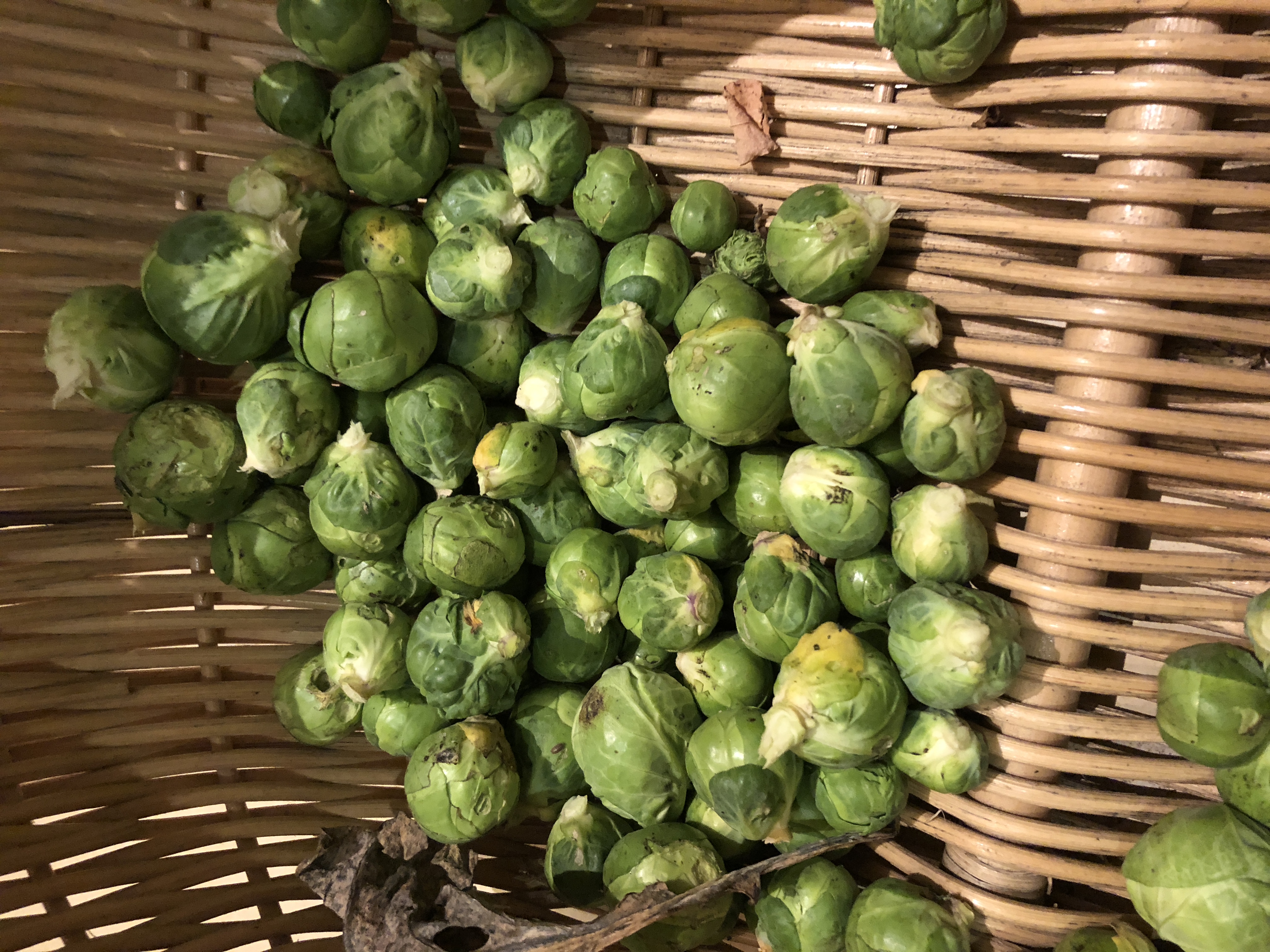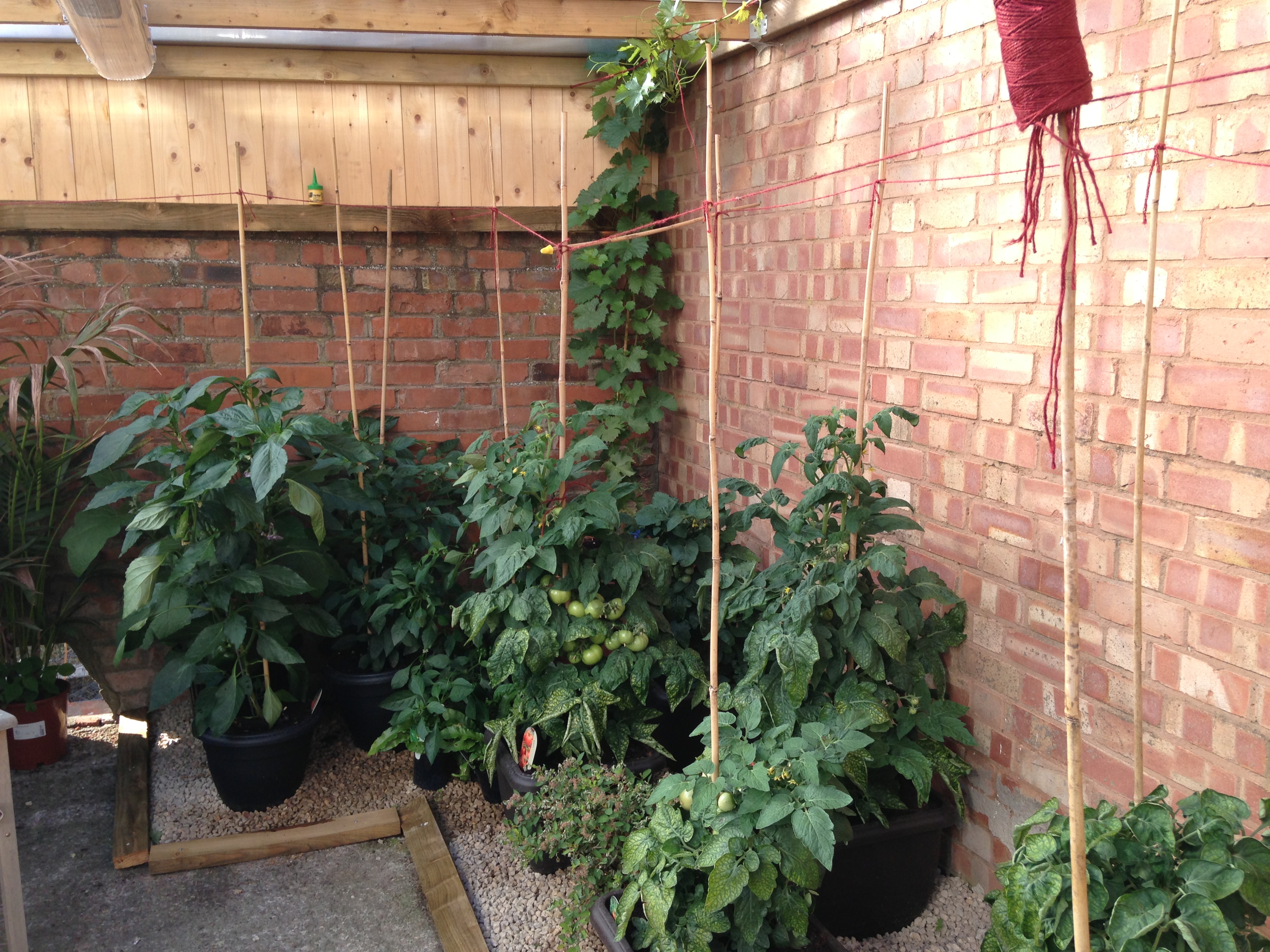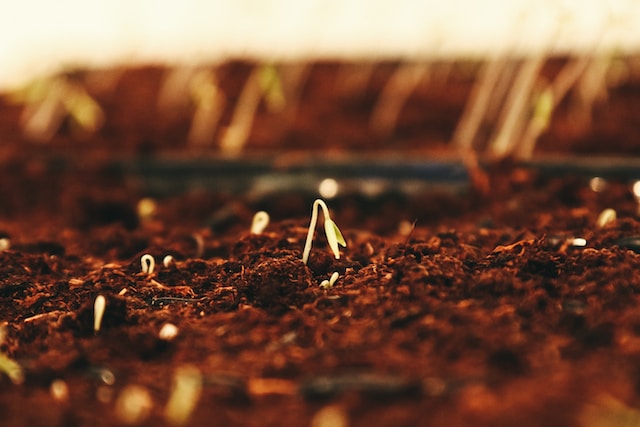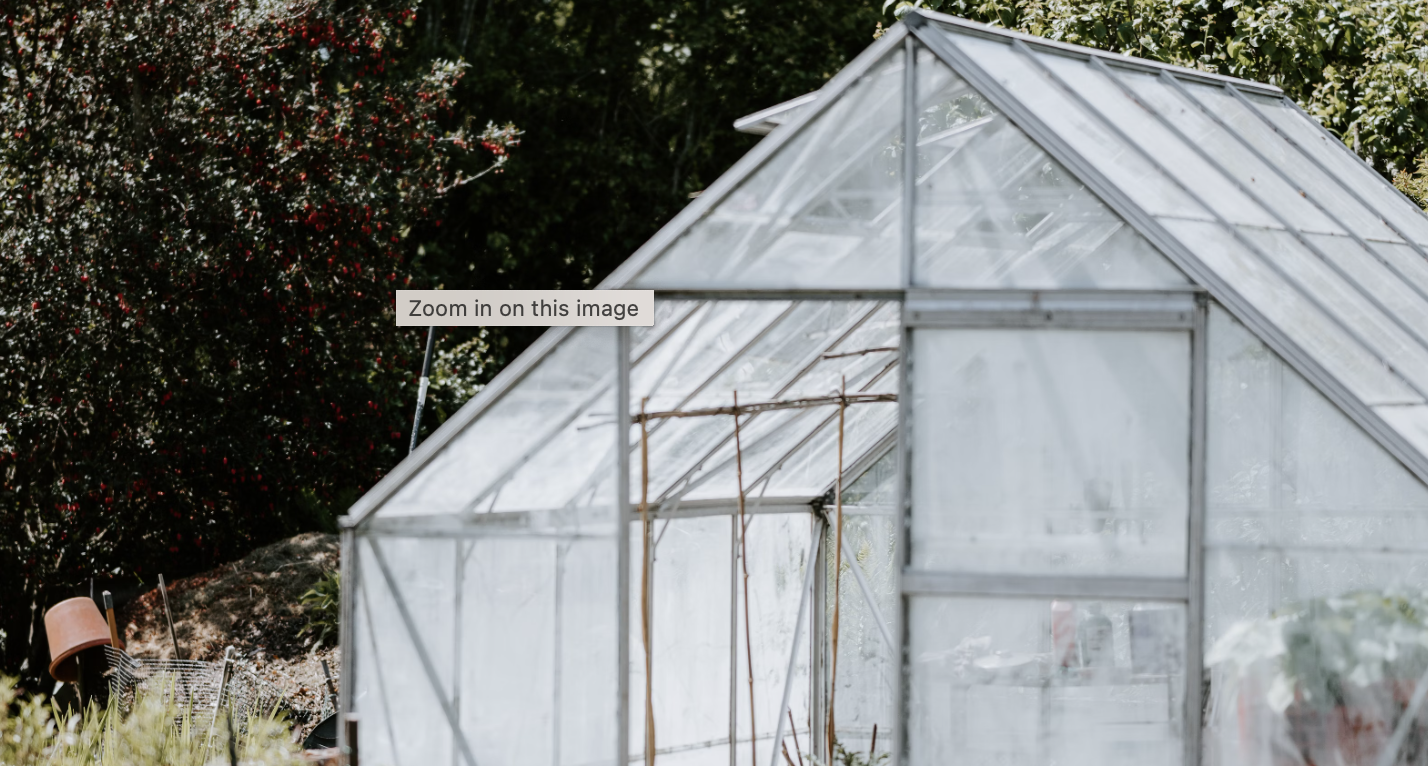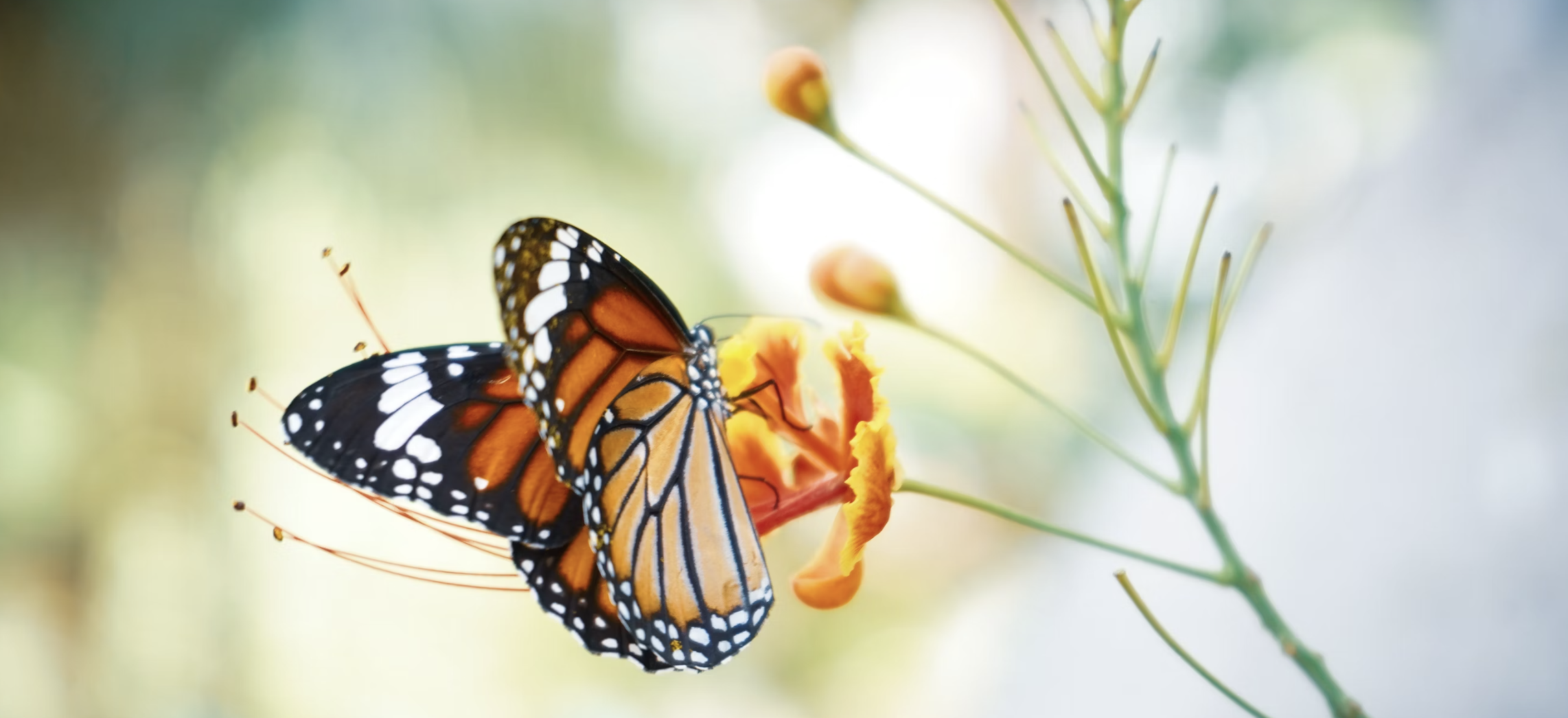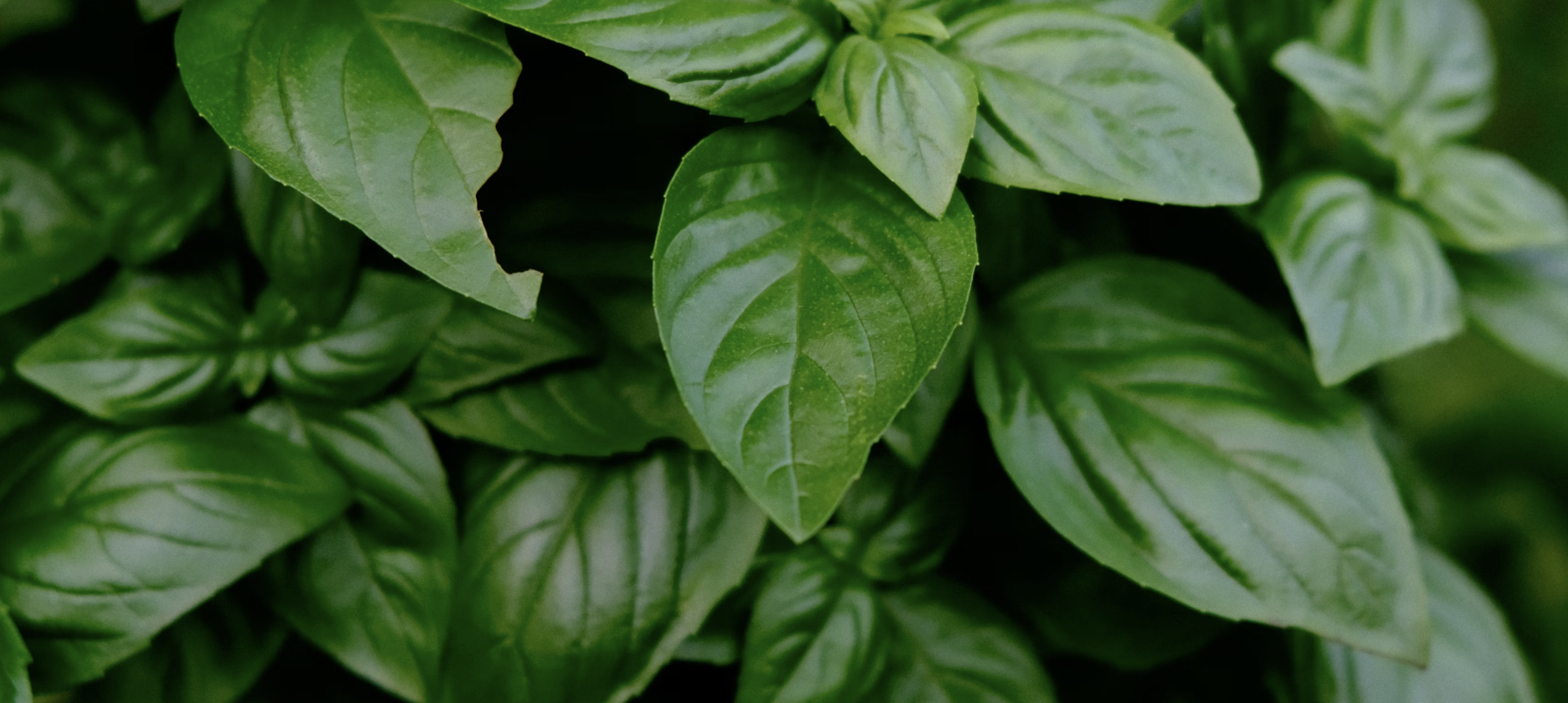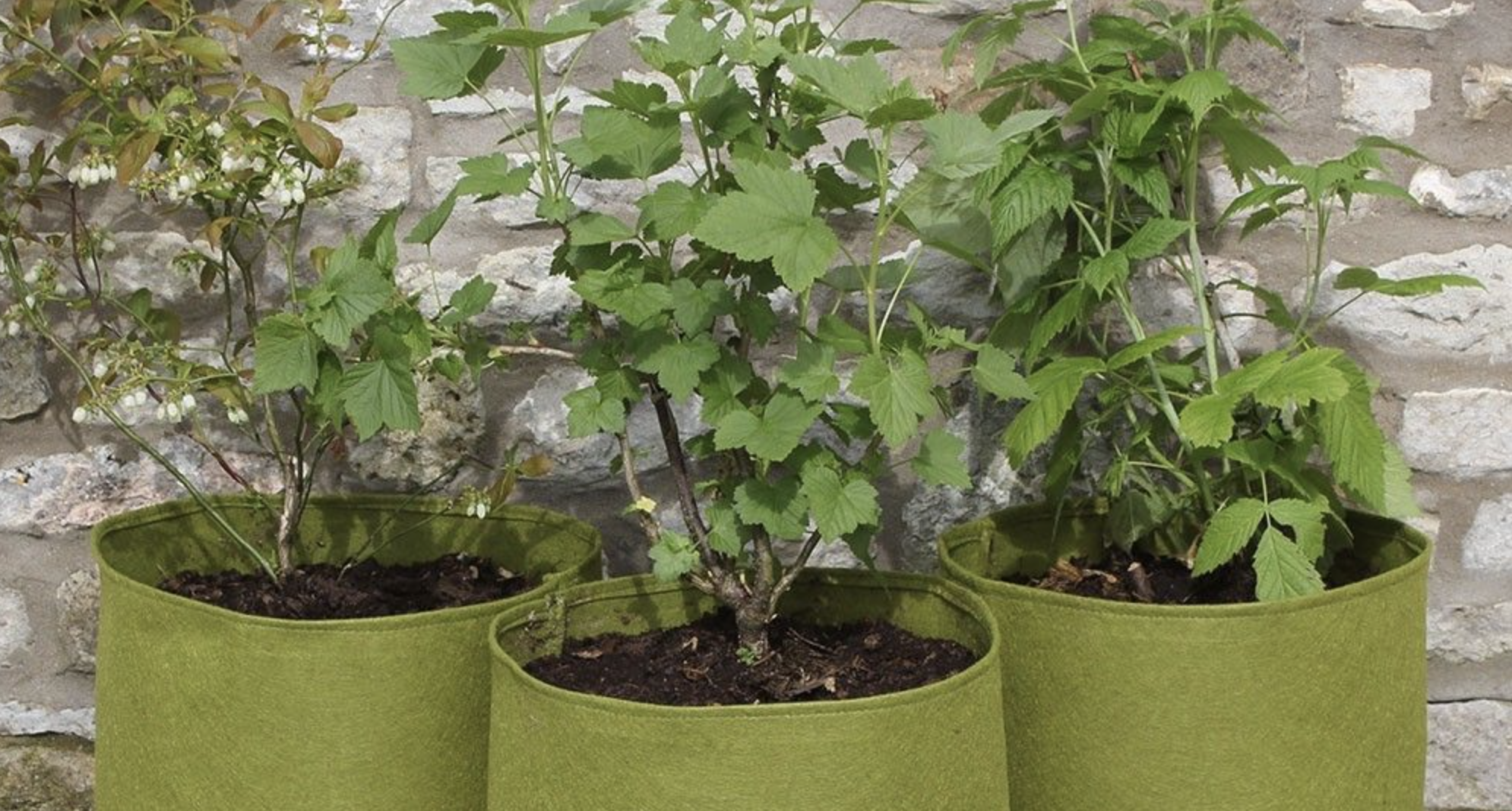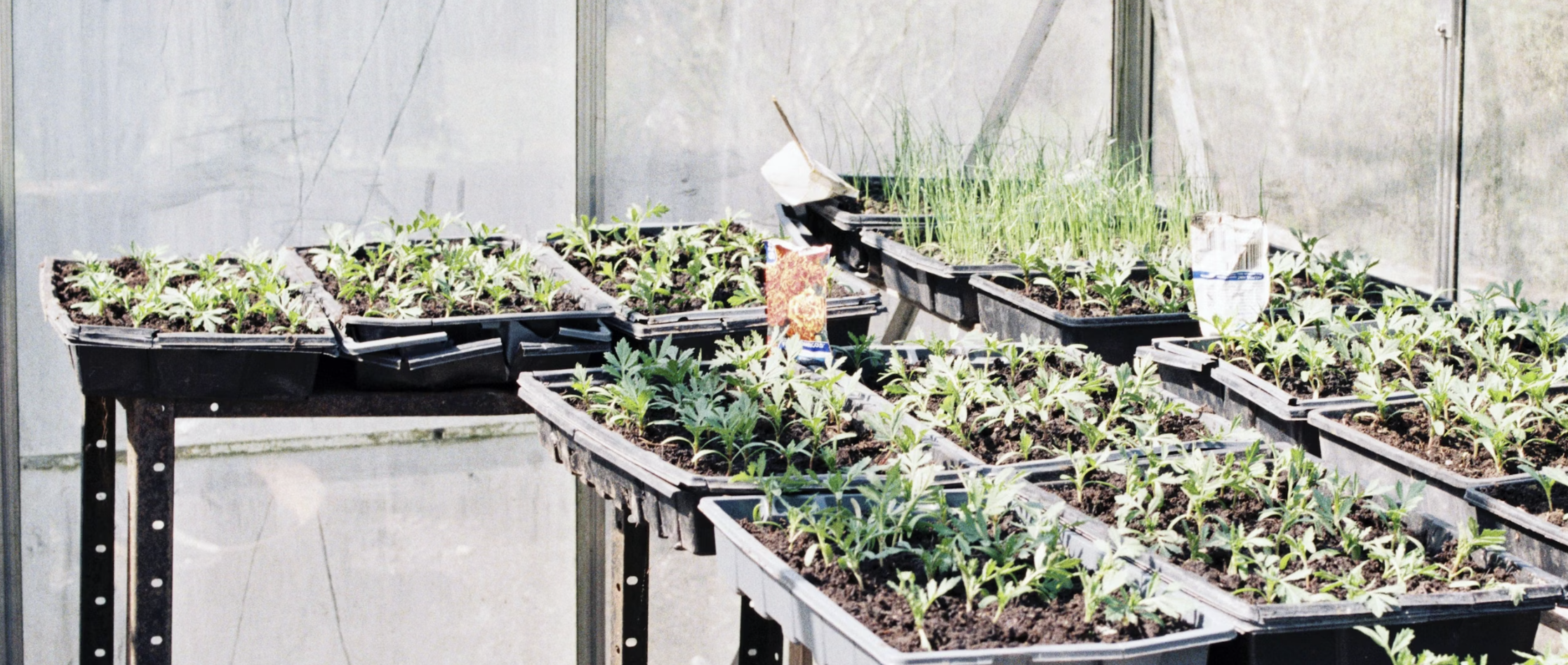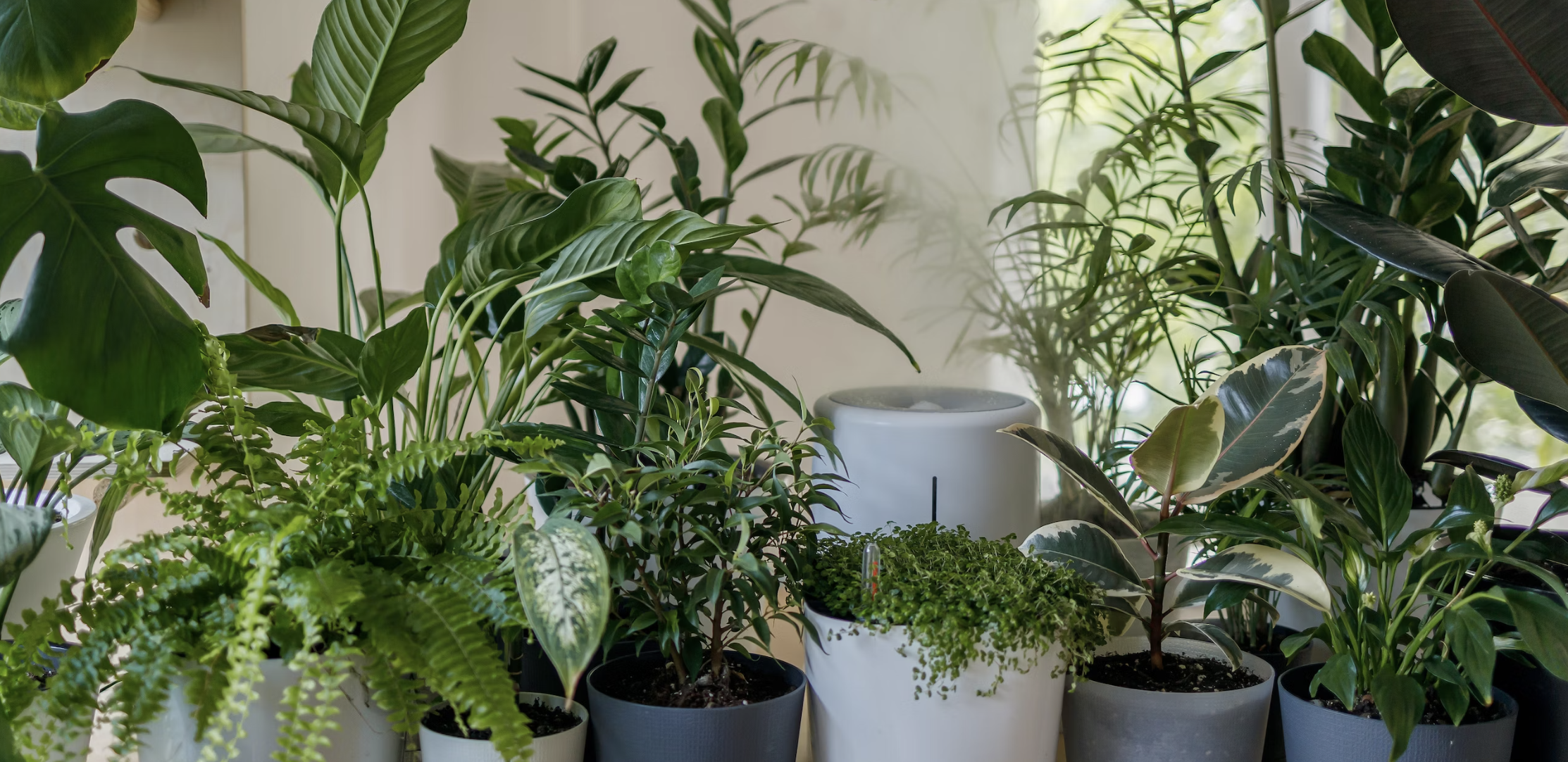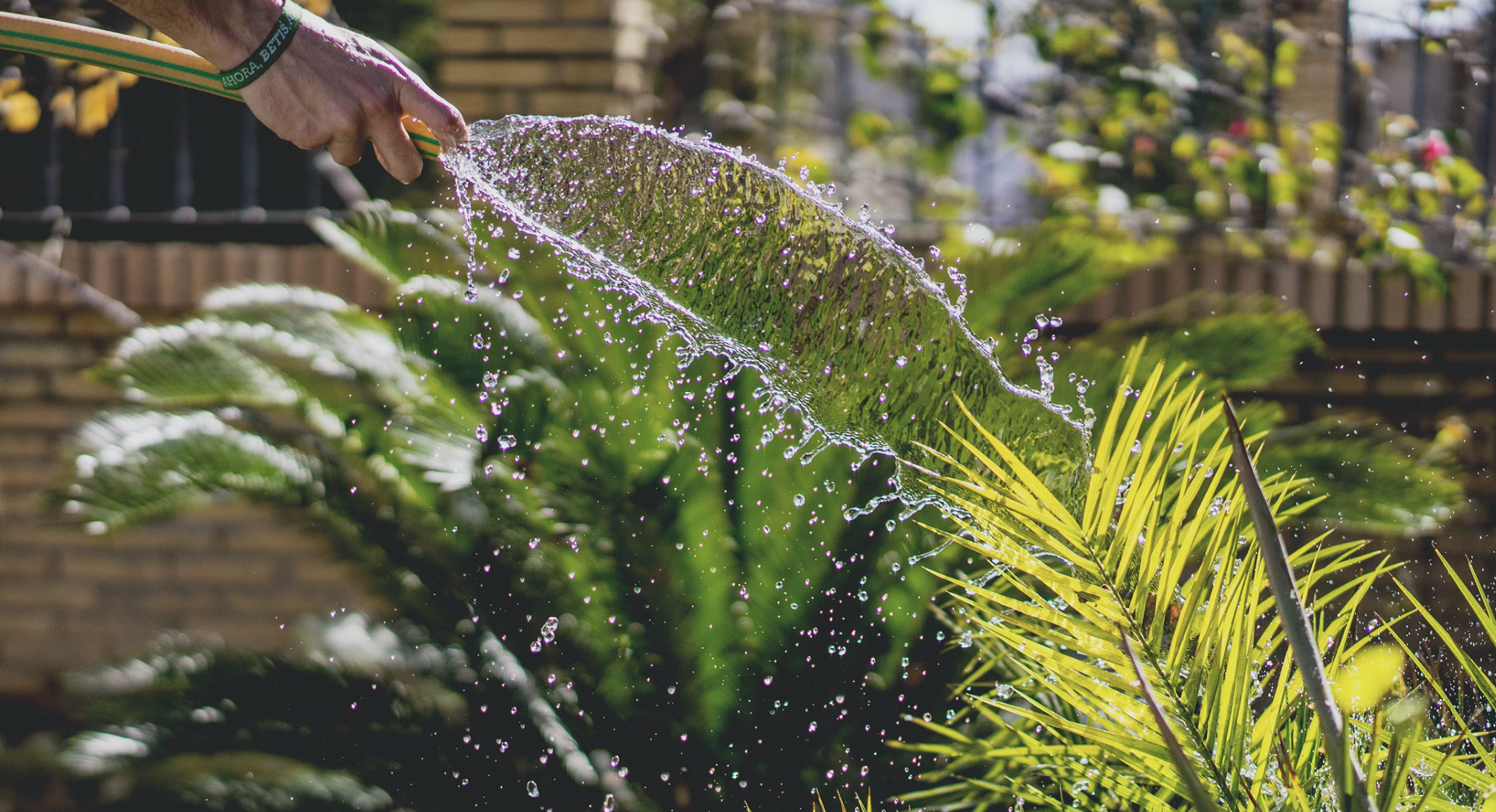
Are you tired of constantly replacing your garden hose every season? It's time to master the art of choosing a durable garden hose that will withstand the test of time.
When it comes to selecting a garden hose, durability is key. But with so many options on the market, how do you choose the right one? In this article, we will guide you through the process of selecting a garden hose that is not only long-lasting but also meets your specific needs.
We'll delve into the different materials used in garden hoses, their pros and cons, and what to look for when purchasing. Whether you have a small backyard garden or a sprawling landscape, finding the perfect garden hose can make all the difference in your watering experience.
No more dealing with leaks, kinks, or hoses that burst under pressure. With our expert tips and advice, you'll be able to confidently select a garden hose that will stand up to the elements and provide years of reliable service. So, let's dive in and start mastering the art of choosing a durable garden hose. (approximately 160 words)
Importance of choosing a durable garden hose
A durable garden hose is an essential tool for any gardener or homeowner. It can save you time, money, and frustration in the long run. A cheap, low-quality hose may seem like a good deal at first, but it will likely need frequent replacements due to wear and tear. Investing in a durable garden hose will ensure that you have a reliable and long-lasting watering solution for your outdoor spaces.
Factors to consider when choosing a garden hose
When choosing a garden hose, there are several factors to consider. First and foremost, you need to determine the length of the hose you require. Measure the distance from your water source to the farthest point in your garden to ensure you get the right length. Additionally, consider the diameter of the hose. A larger diameter will allow for a higher flow rate, making it easier to water larger areas.
Another important factor is the water pressure in your area. If you have high water pressure, you'll need a hose that can handle the extra force without bursting or leaking. Look for hoses with a high PSI (pounds per square inch) rating to ensure they can withstand the pressure.
Different types of garden hoses
Garden hoses come in a variety of types, each with its own advantages and disadvantages. The most common types include vinyl, rubber, and reinforced hoses.
1. Vinyl Hoses
Vinyl hoses are the most affordable option and are lightweight, making them easy to maneuver. However, they are prone to kinking and cracking, especially in extreme temperatures. Vinyl hoses are best suited for light-duty watering tasks in small gardens or for occasional use.
2. Rubber Hoses
Rubber hoses are more durable than vinyl hoses and can withstand higher water pressures. They are resistant to kinking and cracking and can handle hot water, making them ideal for tasks such as washing cars or cleaning outdoor surfaces. However, rubber hoses are heavier and more expensive than vinyl hoses.
3. Reinforced Hoses
Reinforced hoses are made with a combination of materials, typically a rubber core with multiple layers of mesh or braided reinforcement. These hoses are extremely durable and can handle heavy-duty watering tasks. They are resistant to kinking, cracking, and bursting under high water pressure. Reinforced hoses are the best choice for larger gardens or commercial use.
Pros and cons of different garden hose materials
Each garden hose material has its own set of pros and cons. Understanding these will help you make an informed decision when choosing a durable garden hose.
1. Vinyl Hoses
Pros:
- Affordable
- Lightweight and easy to handle
- UV-resistant, reducing the risk of sun damage
Cons:
- Prone to kinks and cracks
- Not suitable for high water pressure
- Susceptible to damage in extreme temperatures
2. Rubber Hoses
Pros:
- Durable and long-lasting
- Can withstand high water pressure
- Resistant to kinking and cracking
Cons:
- Heavier and less maneuverable than vinyl hoses
- More expensive than vinyl hoses
- Can leave black marks on surfaces
3. Reinforced Hoses
Pros:
- Highly durable and resistant to kinks, cracks, and bursting
- Suitable for high water pressure
- Can handle heavy-duty watering tasks
Cons:
- More expensive than vinyl and rubber hoses
- Heavier and less flexible than vinyl hoses
Understanding garden hose fittings and connectors
In addition to the hose material, it's important to consider the fittings and connectors when choosing a durable garden hose. The fittings and connectors determine how well the hose attaches to your water source and other watering tools, such as sprinklers or spray nozzles.
The most common types of fittings are brass, plastic, and aluminum. Brass fittings are the most durable and resistant to corrosion, making them a popular choice for garden hoses. Plastic fittings are lightweight and affordable but may not be as durable as brass. Aluminum fittings are lightweight and resistant to corrosion but may not be as strong as brass.
When selecting fittings and connectors, ensure they have tight seals to prevent leaks. Look for hoses with leak-proof technology, such as O-rings or gaskets, to ensure a watertight connection.
Tips for maintaining and prolonging the lifespan of your garden hose
To ensure your garden hose remains durable and long-lasting, proper maintenance is essential. Here are some tips to help you maintain and prolong the lifespan of your garden hose:
1. Drain the hose after each use to prevent water from freezing and causing damage.
2. Store your hose properly in a cool, dry place away from direct sunlight.
3. Avoid dragging the hose across rough surfaces, as this can cause abrasions and damage.
4. Use hose reels or hangers to keep your hose organized and prevent tangling.
5. Inspect your hose regularly for any signs of wear, such as cracks, leaks, or kinks.
6. Clean your hose periodically to remove dirt, debris, and mildew that can affect its performance.
7. Avoid leaving your hose under pressure for extended periods, as this can weaken the hose and lead to leaks or bursts.
By following these maintenance tips, you can significantly extend the lifespan of your garden hose and ensure it remains in optimal condition for years to come.
Reviews of top-rated durable garden hoses on the market
To further assist you in choosing a durable garden hose, we have compiled a list of top-rated options available on the market. These hoses have been tested for durability, performance, and customer satisfaction. Here are some of the best garden hoses to consider:
1. Company X Heavy-Duty Reinforced Garden Hose
This reinforced hose is constructed with multiple layers of high-quality materials, making it extremely durable and resistant to kinks, cracks, and bursts. It has a high PSI rating and comes with solid brass fittings for a secure connection. Customers rave about its excellent performance and long lifespan.
2. Company Y Premium Rubber Garden Hose
Made from premium rubber, this hose is designed to withstand high water pressure and extreme weather conditions. It features crush-proof brass fittings and a kink-resistant design, ensuring hassle-free watering. Customers appreciate its durability and flexibility.
3. Company Z Lightweight Vinyl Garden Hose
If you're looking for an affordable option for light-duty watering tasks, this lightweight vinyl hose is a great choice. It is UV-resistant and comes with leak-proof fittings. Customers find it easy to handle and appreciate its value for money.
These are just a few examples of the top-rated durable garden hoses available. Consider your specific needs and preferences when making a decision.
How to store and protect your garden hose
Proper storage and protection are essential for maintaining the durability of your garden hose. Follow these tips to ensure your hose remains in optimal condition:
1. Before storing your hose, drain all the water to prevent freezing and damage.
2. Coil the hose in large loops, avoiding tight bends or kinks that can cause damage.
3. Use a hose reel or hanger to keep your hose organized and prevent tangles.
4. Store your hose in a cool, dry place away from direct sunlight and extreme temperatures.
5. Consider using a hose cover or storage bag to protect your hose from UV rays, dirt, and debris.
By following these storage and protection practices, you can prolong the lifespan of your garden hose and ensure it remains durable for years to come.
Common mistakes to avoid when buying a garden hose
When purchasing a garden hose, it's easy to make common mistakes that can lead to disappointment or a shorter lifespan. Avoid these mistakes to ensure you choose the right hose for your needs:
1. Ignoring the PSI rating: Always check the PSI rating of the hose to ensure it can handle your water pressure. Using a hose with a lower PSI rating than your water pressure can result in leaks or bursts.
2. Focusing solely on price: While affordability is important, don't solely base your decision on price. Cheap hoses may not be durable and can end up costing you more in the long run.
3. Not considering your specific needs: Assess your watering needs and choose a hose that suits them. If you have a large garden or require heavy-duty watering, invest in a reinforced hose that can withstand the demands.
4. Neglecting to check the warranty: Read the warranty information provided by the manufacturer. A good warranty indicates confidence in the durability of the hose.
By avoiding these common mistakes, you can make an informed decision and select a garden hose that meets your requirements and lasts for years.
Conclusion: Finding the perfect durable garden hose for your needs
Selecting a durable garden hose doesn't have to be a daunting task. By considering factors such as hose material, fittings and connectors, and your specific needs, you can find a hose that will withstand the test of time.
Remember to choose a hose that matches your desired length, diameter, and water pressure requirements. Take into account the pros and cons of different hose materials to make an informed decision. Consider investing in a reinforced hose if you have heavy-duty watering needs.
Proper maintenance and storage are crucial for prolonging the lifespan of your garden hose. Follow our tips to keep your hose in optimal condition and avoid common mistakes when purchasing a hose.
With the information provided in this article, you are now equipped to master the art of choosing a durable garden hose. Say goodbye to frequent hose replacements and enjoy years of reliable and hassle-free watering. Happy gardening!




